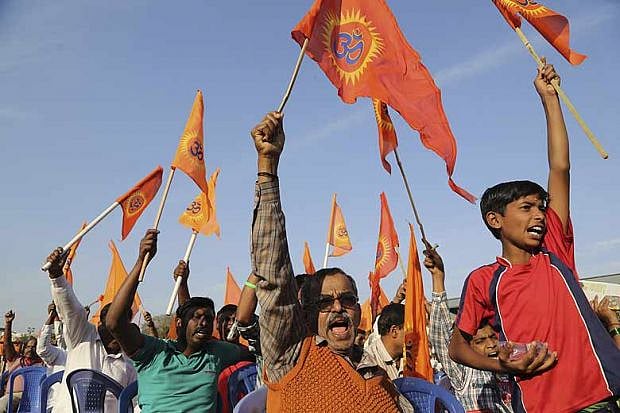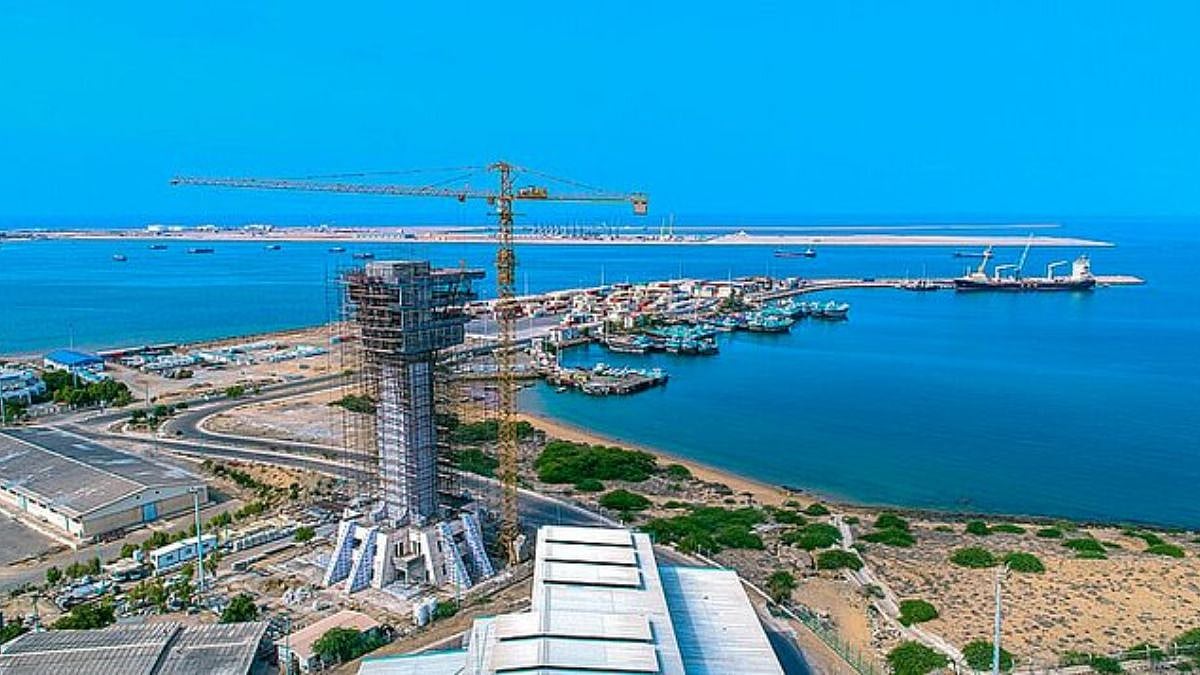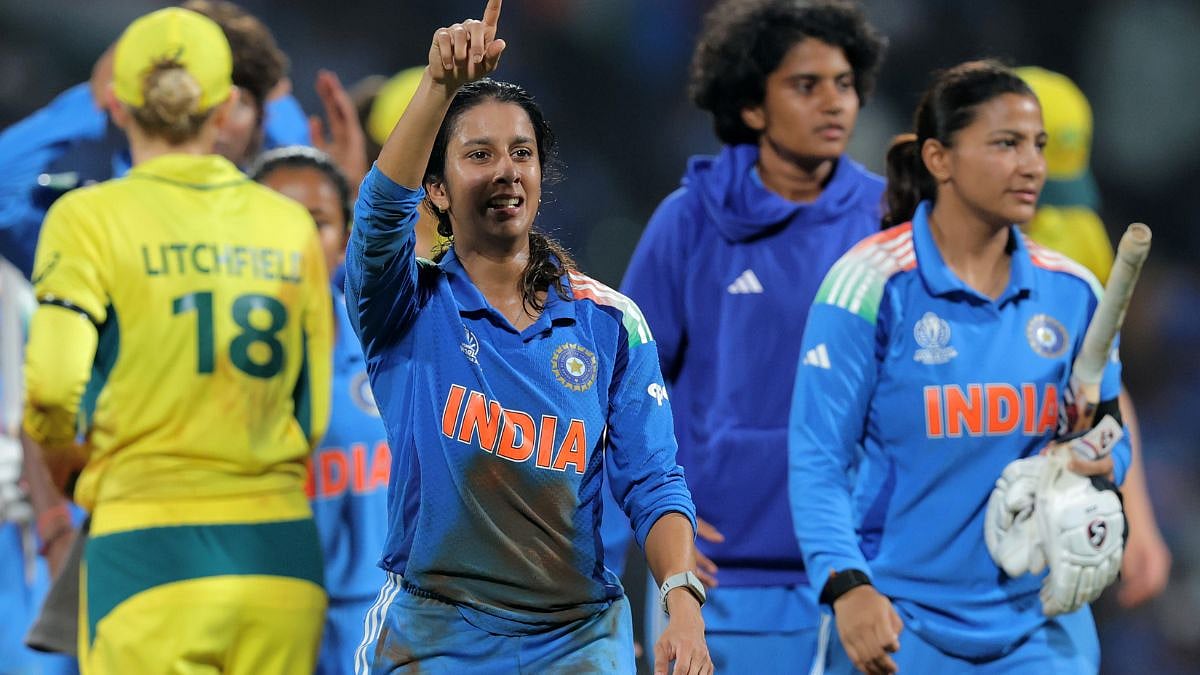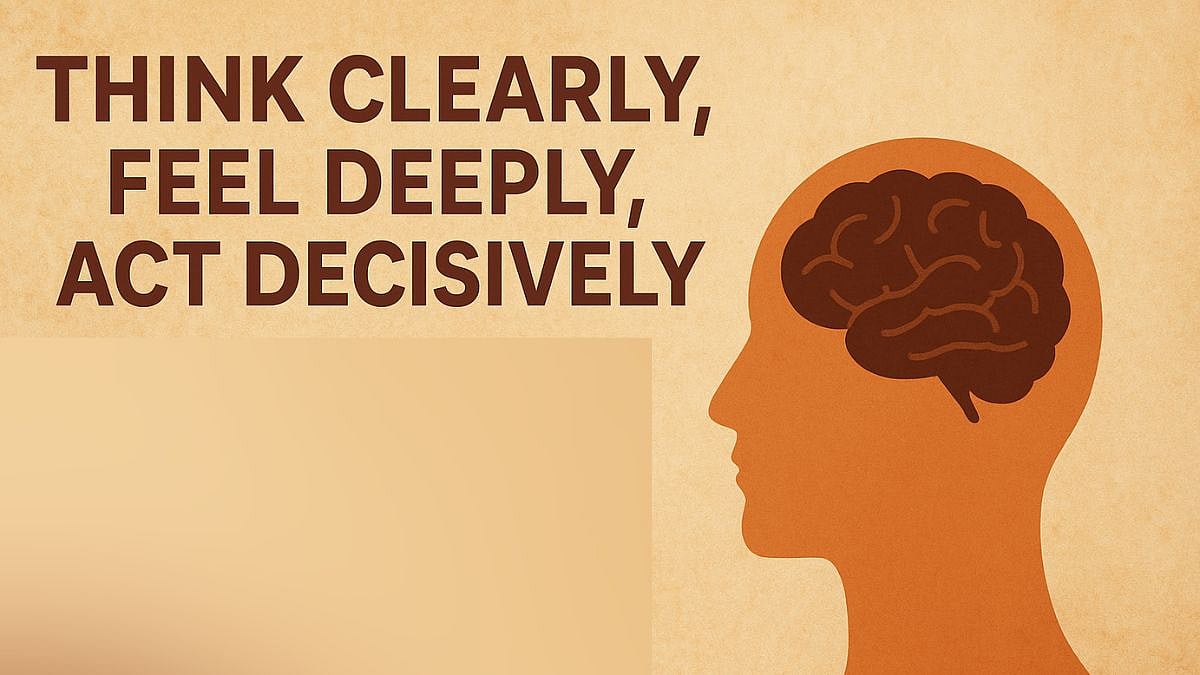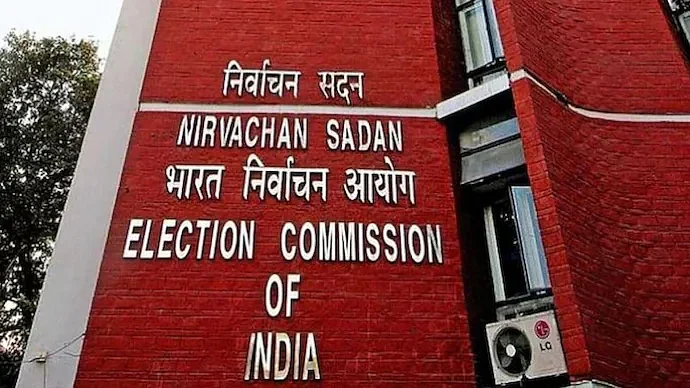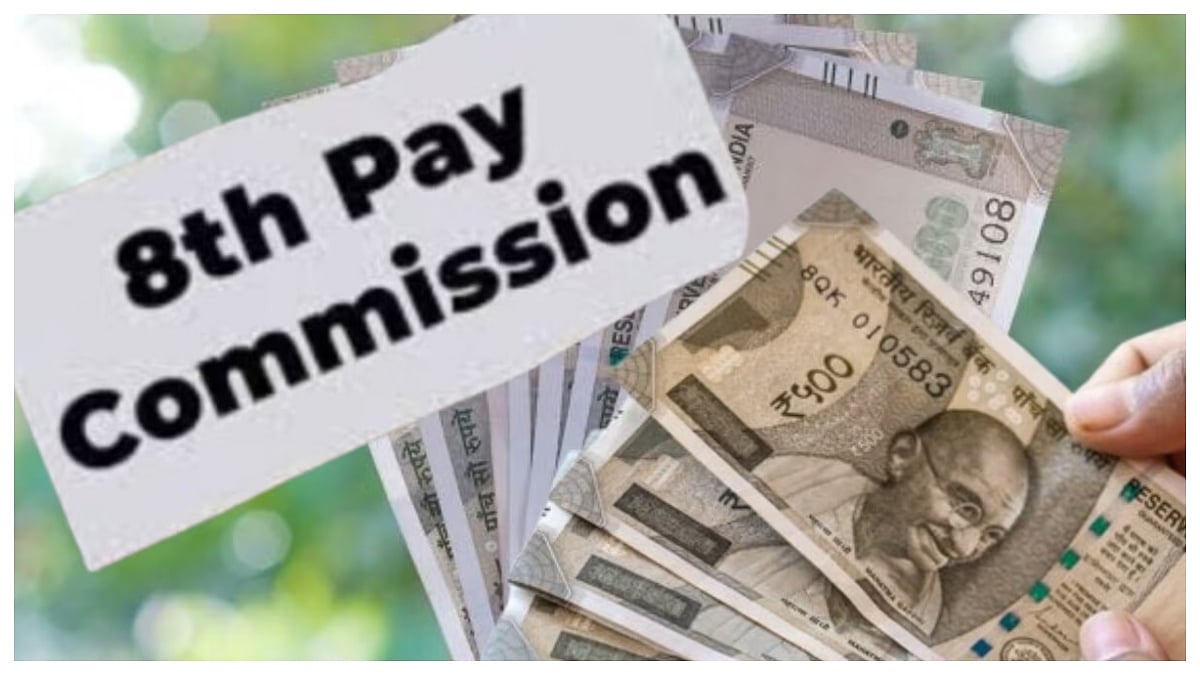"When men rise in enmity and wish to fight,
It is not cowardice, say the wise, to refuse the challenge.
Even when your enemies do the utmost evil,
It is right to do no evil in return."
These prophetic words are part of one of the great Tamil classics, The Four Hundred Quatrains (Naladi Nanuru) which is the product of the great confluence between the Tamil and Jain traditions. After the great famine, a large number of Jain monks had migrated to the South and during their stay, both the traditions interacted with each other. One can call the Jain tradition atheistic but it laid down such rich ethical norms for the society that one can live in peace and lead a harmonious life, without fighting with others, without seeking revenge for the past, and without bitterness and blood bath. In today’s India, an India that gave birth to Jainism thousands of years ago, these words have lost their meaning and can be considered dead letters. Today, the ecosystem around us seems hellbent on seeking revenge from the past and punishing a particular community for the deeds which their religious forefathers did.
The debate around us is not about how to take India forward to gain the same prosperity and affluence which was the hallmark of the Mughal Empire when India commanded almost 1/4th of the world economy, but to dig up the past to destroy the composite culture, create a society of intolerance and bigotry, in which hatred and revenge are the prime movers of the living organisms, in which life is not about the pursuit of excellence and synthesis, of learning from other traditions and of imbibing the best from them but to brutalise the present to build a traumatised future.
When the Supreme Court unanimously passed the judgment that Babri Mosque belonged to Hindus and only a magnificent temple of Ram should be constructed there, it was felt that henceforth, no past will be dug up to claim Hindu gods and temples, but in no time that proved to be a daydream. During the Ram Janmabhoomi movement when Muslims were asked to forfeit their claim over the Babri Mosque and hand over the same to Hindus as a grand gesture to bury the past and gain a peaceful future, some people did wonder as to what was the guarantee that the same demand would not be made at other places of religious worship because even then Hindutvavadis were vociferous in proclaiming that “Ayodhya is only a trailer, Mathura Kashi is the film."
At the time of the delivery of the Babri Mosque judgment, several petitions were lodged in Varanasi court with a claim that Hindus should be allowed to pray all seven days at the Gyanvapi mosque as they were doing before 1992. It was also petitioned that the Archeological Survey of India should be instructed to find out, through excavation at Gyanvapi, if it was constructed after the demolition of a Hindu temple by Emperor Aurangzeb. Both the petitions were stayed by the High Courts but fresh petitions were filed and now the court had ordered to ascertain if the same was true. Videography is currently carried out, and it is being claimed that a Shivling has been found and the area where it was claimed to have been found has been protected by the order of the court, though Muslims are allowed to offer namaz in the mosque as they were doing earlier.
Almost at the same time, another petition has been entertained by a Mathura court to examine the veracity of the Hindu claim that the Idgah land, adjacent to the temple should be handed over to them. It can’t be a coincidence that during the UP assembly elections, the issue of Krishna Janmabhoomi was raised by the senior-most leaders of the BJP. It is also not a coincidence that a petition has been admitted in the Supreme Court to challenge the veracity of the religious place of worship 1991, according to which August 15, 1947, would be the cut-off date for all religious places, and its status would not be altered to another. The petition wants the cut-off date to be changed to the 11th century which coincides with the attacks of the Islamic rulers in India. The Supreme Court has sent a notice to the Centre and has sought its opinion. In between, it has been claimed that the world-renowned Taj Mahal is not a Muslim but a Hindu structure which is called Tejo Mahalaya and Qutub Minar is Vishnu Stambh.
The Supreme Court was expected to put an end to this whole exercise and lay down guidelines for the future. Instead, it has opened new flood gates which, in due process, will make the Places of Worship Act, 1991, redundant. While hearing the Gyanvapi petition, Justice Chandrachud opined that the 1991 Act does not stop the ‘ascertainment of the religious character of the place’. That means now anyone can request the court for permission to ascertain if a particular place of worship is what it claims to be or it is something else or it belongs to some other religious community. Now anyone can go to court and put a question mark over the veracity of any mosque or temple or Gurudwara or church or a synagogue and request to change its status. How can the veracity of such claims be found out - by digging up the place, or excavation by ASI? Therefore the Supreme Court has practically made every religious place in the country suspect and disputed. Would it be correct to say that the Supreme Court in its deliberation has, mistakenly, been impacted by the majoritarian thought process?
What is more dangerous is the consequence. Majoritarian politics which has already sowed so much bitterness and hatred in the society can now exploit this interpretation to the hilt and can keep the religious pot boiling for eternity. It is said that the VHP (Vishva Hindu Parishad) has a list of 30000 mosques that it claims have been built over temples. One can imagine if one dispute over Babri Mosque has created so much polarisation among Hindus and Muslims and has generated such a gulf between the two communities, then in which direction will these disputes take India? Are all these mosques going to be demolished, if and when the claims are proved? And if so, then how are the Muslims going to react? Will it not make them more insecure and vulnerable? And if a section of them gets radicalised despite the best efforts of the community leaders, then what will be the end result?
History is witness that revenge and hatred has only ruined civilisations and it has never made any society great. Extremism leads to more extremism and more and more extremism. In our neighbourhood, Afghanistan and Pakistan are prime examples. They have turned into failed societies. The world looks at them with disdain. It is high time that the Supreme Court corrects its mistake and Hindutvavadis should be asked to put a full stop to their endeavour. They should learn from our great tradition which says -
The greatness of the great is humility,
The gain of the gainer is self-control.
Only those rich men are truly wealthy,
Who relieve the needs of their neighbours.
(From - Naladiyar)
But I am sceptical if it will happen. The future looks bleak and dark.
(The writer is Editor, SatyaHindi.com, and author of Hindu Rashtra. He tweets at @ashutosh83B)
